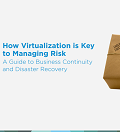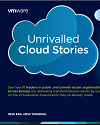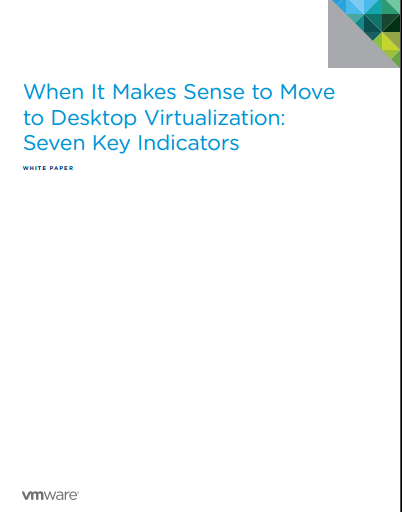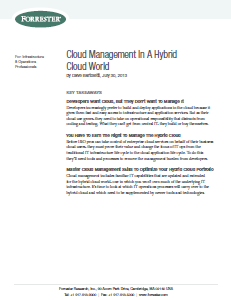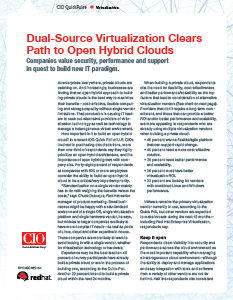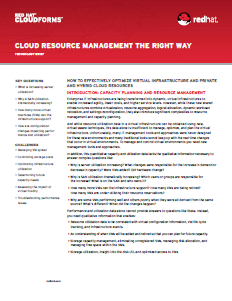How Virtualization is Key to Managing Risk
Losses from unplanned downtime are tens of billions of dollars every year When Hurricane Sandy hit, businesses of all sizes suffered greatly. The insured losses are estimated at more than $20 billion, and the total economic damage at more than $50 billion. The aftermath of the deadly 2011 earthquake and tsunami in Japanwas even more
